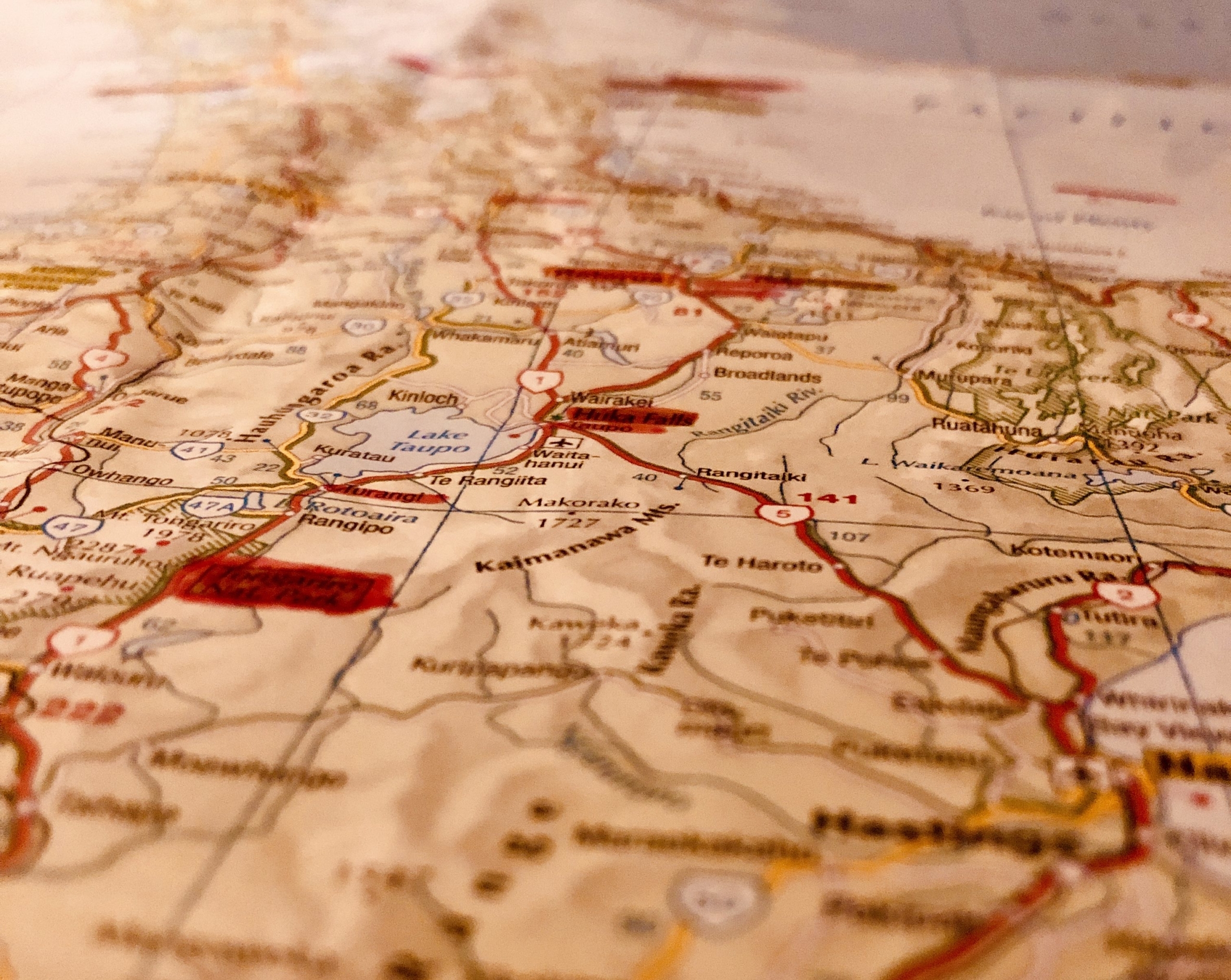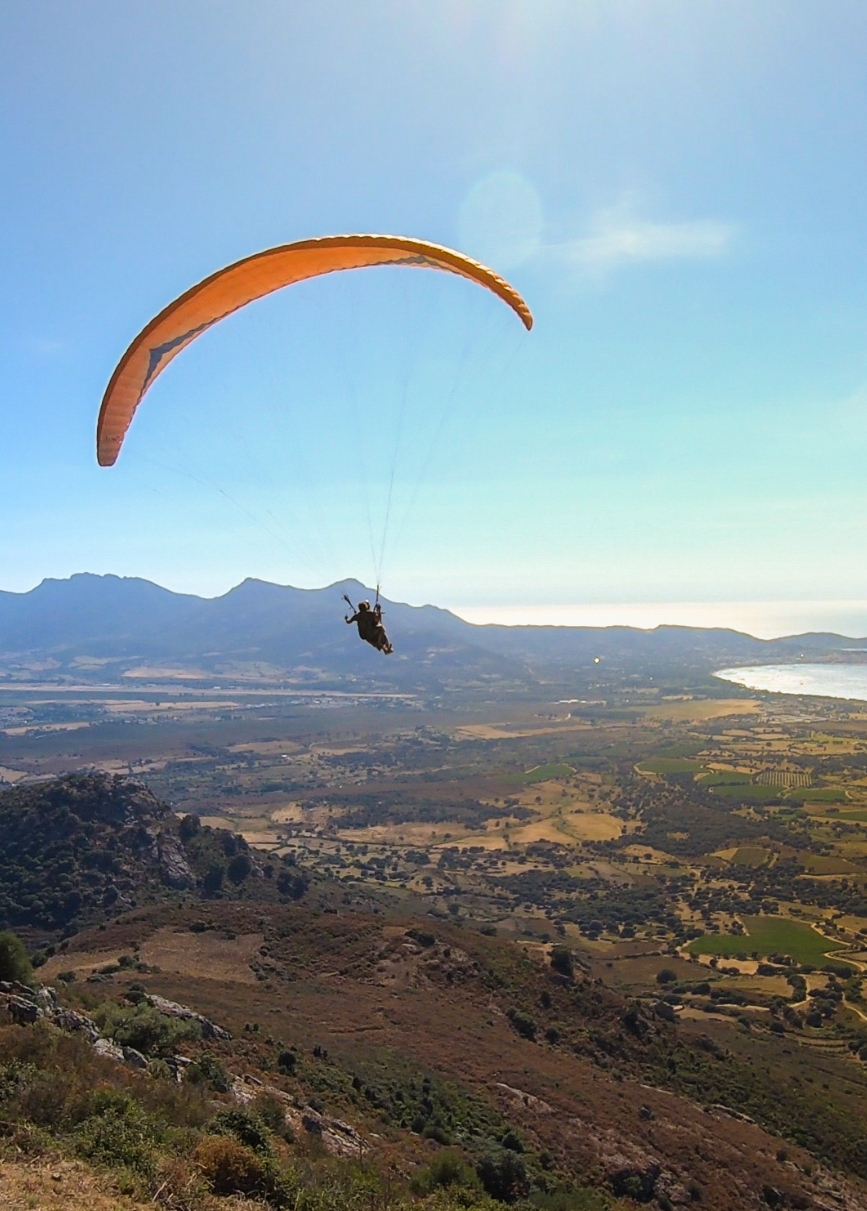Voyager en fauteuil, ça peut être beaucoup de choses : du stress, de la frustration, de la fatigue… Mais ça peut surtout être une expérience incroyable, et pour ça il faut anticiper quelques petites choses !
Ce qui est certain, c’est que comme dans la vie quotidienne, voyager en fauteuil consomme beaucoup d’énergie. Alors pour que vos aventures se passent en douceur, on vous recommande de bien les préparer pour optimiser votre énergie sur place, surtout si vous prévoyez de partir longtemps !
Voici quelques éléments qui nous aident à profiter à fond de nos voyages…
N'AYEZ PAS PEUR DE RÊVER GRAND
1. Quand Pierre est passé en fauteuil, on a commencé par se dire qu’on n’avait plus beaucoup le choix dans les destinations. Nous qui aimions les randos, la nature et les sports en extérieur, on a réfléchi nos premiers voyages sur un seul critère : l’accessibilité. Alors en trois semaines au Canada en 2017, on n’a pratiquement visité que des villes… Croyez-nous, quand ce n’est pas le type de vacances que vous aimez, ça peut être très frustrant : on avait besoin d’air pur (même si les villes du Canada sont plutôt sympas, on l’admet volontiers) !
2. Bien profiter de son voyage, c’est d’abord trouver un équilibre pour avoir l’esprit serein : choisir une destination qui vous fait rêver et des activités que vous avez vraiment envie de faire fait partie de cet équilibre ! Mais il faut aussi être capable d’évaluer les efforts que cette destination va vous demander et votre capacité à les fournir. On s’explique : passer en fauteuil, c’est commencer une nouvelle vie. Tout est différent, et il faut réapprendre, y compris pour les voyages ! Plus vous allez expérimenter de choses, plus vous constaterez que le champ des possibles est large et plus vous aurez envie de passer à l’étape suivante : alors choisissez un objectif qui vous fait vibrer, tenez compte de votre condition physique à l’instant T pour éviter les mauvaises surprises : et allez-y !
Si c’est votre premier voyage et que vous êtes inquiet, n’hésitez pas à tester vos capacités dans un pays /une région où vous serez certain(e) de trouver des endroits où vous pouvez profiter en toute autonomie : ça vous donnera un peu d’air si vous rencontrez certaines difficultés d’accessibilité sur place. Les pays anglo-saxons (US, Australie, Angleterre) et les pays scandinaves (Norvège, Suède, Danemark) sont par exemple réputés pour leur exemplarité en termes d’inclusion.
A noter : on se fait souvent des idées fausses de l’accessibilité d’un pays et nous avons pour notre part eu beaucoup de bonnes surprises ! Avant de choisir votre destination, n’hésitez pas à jeter un œil à nos itinéraires pour vous faire une idée plus précise. On n’y est pas allé ? Pas grave, on n’est pas les seuls à voyager en fauteuil ! Peut-être que les copains de Handilol ou I Wheel Travel pourront vous renseigner sur la destination dont vous rêvez…
2. IDENTIFIEZ vos besoins essentiels, priorisez-les et construisez votre voyage en conséquence
Pour profiter pleinement de votre séjour, il faut pouvoir optimiser deux choses : sa tranquillité d’esprit, et ses capacités physiques. Nous sommes tous différents : chacun a ses contraintes, ses moteurs, ses envies et ses craintes. Alors pour y arriver, on vous recommande d’identifier ce qui est vraiment important pour vous, et de l’anticiper pour vous assurer que vous en disposerez pendant votre voyage.
Par exemple : pour nous, disposer d’un logement à peu près accessible tous les jours et d’une salle de bain entièrement accessible régulièrement est un must : nous réservons donc tous nos logements plusieurs mois à l’avance pour garantir ce paramètre quand nous planifions des itinéraires longs. Cette anticipation nous permet d’être certains de pouvoir nous reposer correctement à fréquence régulière sans gaspiller d’énergie mentale et physique sur des soucis pratiques. Elle nous apporte la sérénité nécessaire pour faire face aux éventuels imprévus de la journée et nous permet d’allouer notre énergie à la découverte plutôt qu’aux soucis du quotidien.
Cela implique un temps de planification important et un potentiel manque de flexibilité dans notre itinéraire, mais ces éléments ne sont pas aussi importants pour nous que d’avoir un endroit où passer la nuit. Encore une fois : chacun est différent, ce n’est que notre exemple. Et vous, quelles sont vos priorités ?
3. Autant que possible, voyagez avec des coéquipiers... Ou n'hésitez pas à demander de l'aide !
Voyager seul en fauteuil roulant peut se faire (en fonction de vos contraintes bien sûr), mais voyager avec des coéquipiers vous mènera toujours plus loin. Monter une plus grande marche (ou un escalier), faire une randonnée plus raide, explorer des chemins plus longs… Tout dépend de ce que vous voulez faire, mais avoir une, deux ou trois personnes avec vous peut changer tout le visage d’une aventure… Et en faire une réussite collective.
Vous préférez voyager seul ? Aucun problème. Quel que soit le pays, on n’a toujours eu que de bonnes surprises : si c’est demandé gentiment, personne ne refuse de donner un coup de main quand on en a besoin. Si certains le proposent naturellement, d’autres personnes seront plus réservés : n’hésitez pas à demander !
4. Communiquez clairement sur vos besoins et posez des questions
Nous sommes convaincus qu’il y a autant de handicaps que de personnes handicapées. Chaque personne est unique, et chaque handicap s’accompagne de symptômes, de contraintes et de possibilités différentes. Vous seul pouvez savoir ce dont vous avez le plus besoin, et les gens ne savent pas toujours comment vous aider au mieux. Alors pour éviter les maladresses ou les mauvaises surprises, n’hésitez pas à communiquer clairement sur vos besoins spécifiques et/ou sur les façons dont on peut vous aider. Beaucoup de choses peuvent être faites pour améliorer votre expérience de voyage et les gens sont souvent plus qu’heureux de vous aider à le faire : faites-leur savoir comment !
5. Accordez-vous du temps pour vous reposer
Ca ne vous aura pas échappé, mais contrairement aux personnes valides, tous les efforts que vous faites lorsque vous êtes en fauteuil sont concentrés sur le haut de votre corps. Lorsque certaines personnes peuvent faire du kayak le matin et de la randonnée l’après-midi, une pause conséquente peut être nécessaire entre ces deux activités pour vous. Donner à vos bras et à vos épaules un peu de temps pour se reposer entre deux efforts importants est un bon moyen de vous assurer que vous ne vous blessez pas et que votre voyage dure longtemps : ça fait partie des paramètres à anticiper quand vous planifiez votre itinéraire !
On vous laisse sur une note positive pour clôturer cet article : depuis 2015, nous avons traversé une quinzaine de pays différents et parcouru des milliers de kilomètres (y compris en Amérique du Sud dont les grands espaces ne sont pas réputés pour leur accessibilité). Nous n’avons jamais eu de problème majeur en voyage. Ca ne veut pas dire que rien ne peut vous arriver : certaines destinations demandent un effort important de planification et d’adaptation… Mais on vous confirme que c’est possible, et que chaque effort fourni nous a fait découvrir des paysages, des personnes et une satisfaction incroyables.
Alors… Vous partez quand ?



